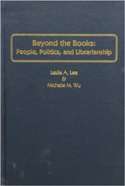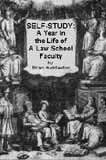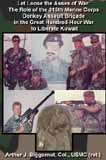But back to Space Tragedies and Poetry. Reagan's Challenger remarks, written by Peggy Noonan, quoted High Flight by John Gillespie Magee, Jr. As that link explains, he was an American pilot who joined the Royal Canadian Air Force before America entered WWII, and a test flight at 30,000 feet inspired the poem that Noonan excerpted and which Reagan related to a nation in mourning, telling his fellow Americans that the shuttle astronauts had "slipped the surly bonds of earth" to "touch the face of God".
Reading Safire's article about his long-forgotten Apollo 11 contingency speech, he notes that his conclusion had Nixon say:
For every human being who looks up at the moon in the nights to come will know that there is some corner of another world that is forever mankind.and which is a variation of the end of The Soldier by Rupert Brooke, which starts:
IF I should die, think only this of me;At least one web page notes that both these disaster speeches - one never delivered, and one delivered memorably - used quotes from poets who both wrote about romanticized visions of war in the first half of the 20th century, but its only, as far as I've found, if you read the WikiP page for Brooke that will you discover not only did they both attend the same school in England (Magee's parents were missionaries so, though American, he got around as a kid), but that they both won the same poetry prize thirty four years apart from each other.
That there's some corner of a foreign field
That is for ever England.
Did Peggy Noonan know of this connection? In both the column she wrote about the Challenger speech and in that chapter of her book about being a speechwriter for Reagan, she doesn't mention knowing about the Safire contingency speech at all, so this is likely just one of those very strange coincidences.
Noonan's column, incidentally, was written after the shuttle Columbia broke up on re-entry in 2003. As far as the presidential response to that tragedy, Bush Jr. and his speechwriters, I presume, knew better than to bother with any fancy poetry (understandably, given that "There once was a man..." is probably the limits of his experience with poetry) and instead quoted Isaiah 40:36 in his response. It's a good, appropriate piece of verse, but overall Bush II's post-Columbia remarks are as unmemorable as was most everything else he said during his presidency.




1 comment:
Thanks for shharing
Post a Comment